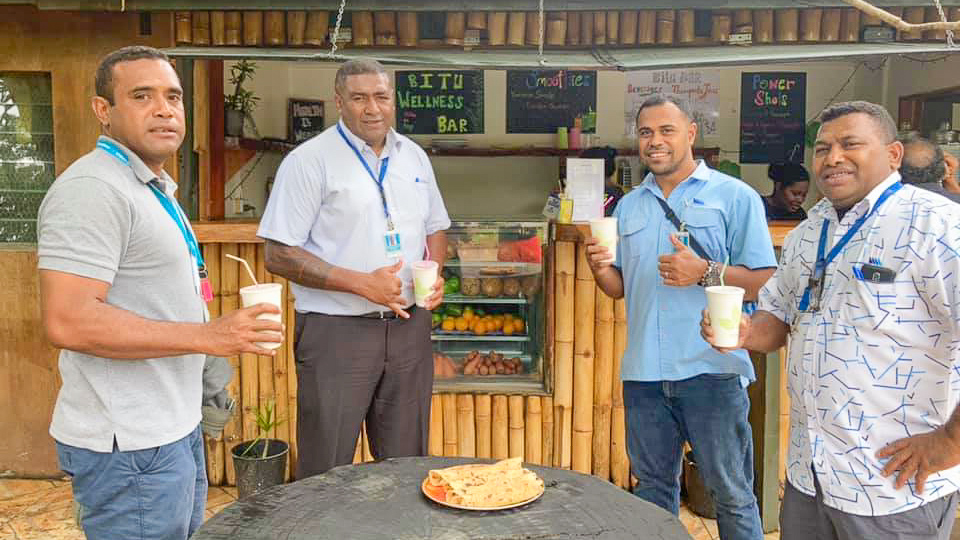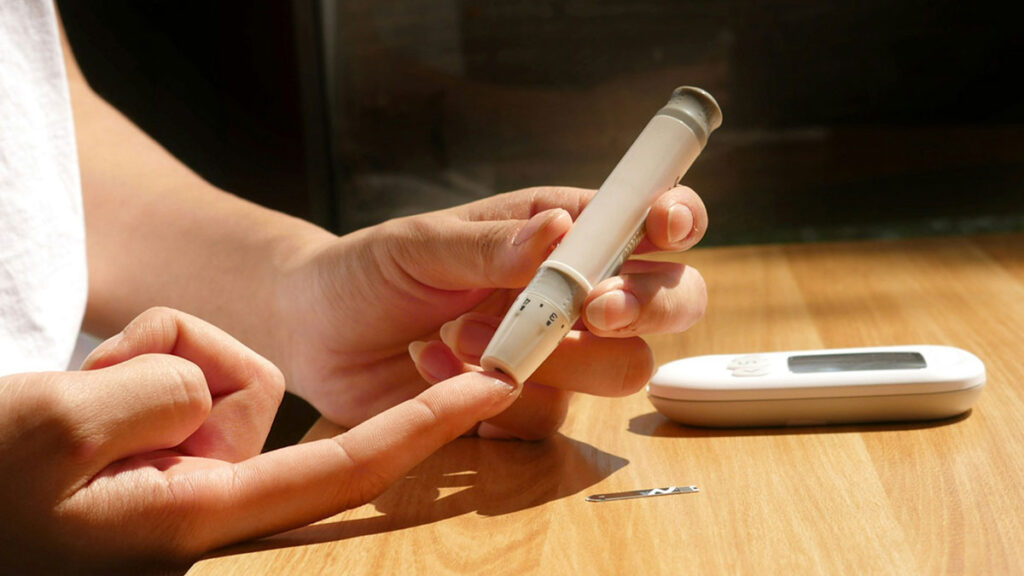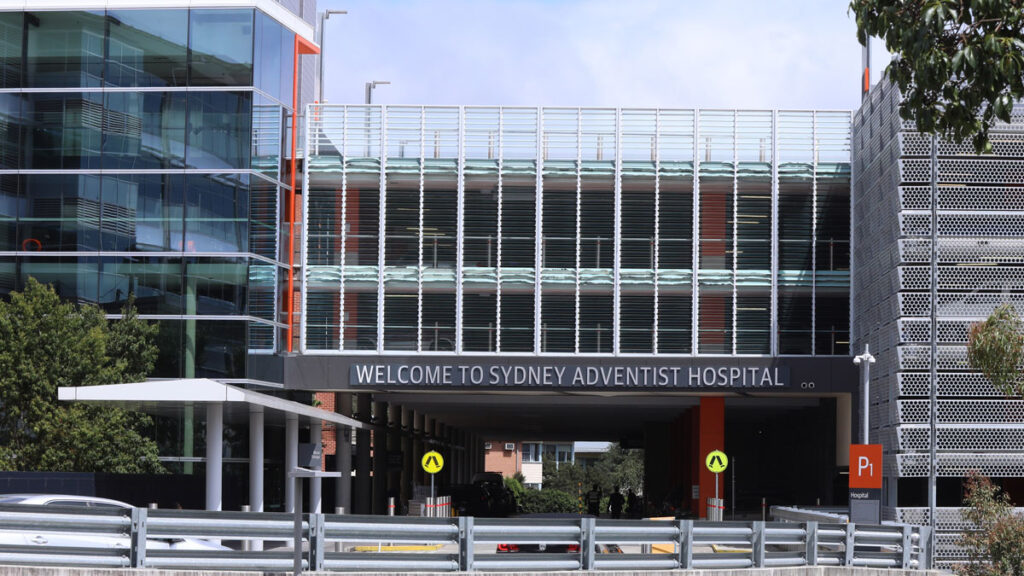Three churches in Fiji’s western division have started what they never would have thought possible—an open bar, but one that sells natural, herbal juices to fight against non-communicable diseases (NCDs).
Votualevu, Namaka and Nadi English Seventh-Day Adventist churches teamed up to open Bitu Wellness Centre, or “Bitu Bar”, as it is commonly known—a wellness bar in the heart of the nation’s tourism capital, Nadi.
With rapidly increasing rates of non-communicable diseases, Fiji is in the midst of a public health crisis that is closely linked to changing lifestyles. The three churches have taken on the responsibility to fight against lifestyle diseases, which have become the number one killer in the country.
“It is more of a centre of influence for the community where people from all walks of life who have decided to take care of their bodies come and learn how to take care of their body, which literally is the temple of God,” says Bitu Bar founder and 10,000 Toes coordinator for the Trans Pacific Union Mission, George Kwong.
“It is through the message of health that we are sharing God’s love to our customers who are secular or members of other Christian denominations,” he continues. “It is spreading the message of health, of love, of compassion to not only believers but non-believers as well.”

The bar serves natural juices from herbs such as goldenseal (local name layalaya), mile-a-minute (“asiatic tearthumb”, or local name wabousucu), and fruit and vegetables like kumquat, carrot or celery, among a range of others.
While herbal juice in Fiji has been used for centuries to cure cuts and illnesses, it hasn’t been widely consumed as a means for improving wholistic health. By visiting Bitu Bar, Fijians are encouraged to revisit a more natural, wholistic approach to health.
“With the Bible as our main charter, this joint venture has been a direct result of the Church’s pillar of comprehensive health. And why look further than our own backyard where we find everything that God created for our use?” Mr Kwong said.
“Ellen White also encourages us to find simple remedies all around us. We are seeing these natural remedies [more often], which are now being touted around the globe as super foods from medical and pharmaceutical experts,” he continued.
At the bar, enthusiasts can track their health through various initiatives such as the fat loss program, immune-boosting program, a weekly medical screening and through personalised nutrition. In addition, the community is invited to the premises each Sunday at 6am for two hours of exercise.

Vilisi Yalayala, a registered nurse and midwife at the local hospital, is encouraging her patients to utilise the bar.
“Now medical practitioners and other professionals are lining up at the bar, which is a positive sign that the Fijian population are serious about their health.”
One customer, Elisapeci Lasekula, found that visiting the bar improved her health and helped reduce the side effects of traditional medication she was taking due to heart problems.
“I lost weight, my job and my energy for seven years, I was in and out of the hospital without a cure, but I thank God for initiatives such as the Bitu Bar. I am now three weeks into my daily medication (herbal juices), and my health has improved vastly,” Mrs Lasekula said.
Mr Kwong says the response has been encouraging from the public and now calls are being made to introduce a registered “health club”, and for people who have had health success to become ambassadors.
“If other churches would like to open similar bars in their communities they are welcome to contact us. This is not a business but an initiative with genuine intentions to build a better and healthier Fiji,” added Mr Kwong.






